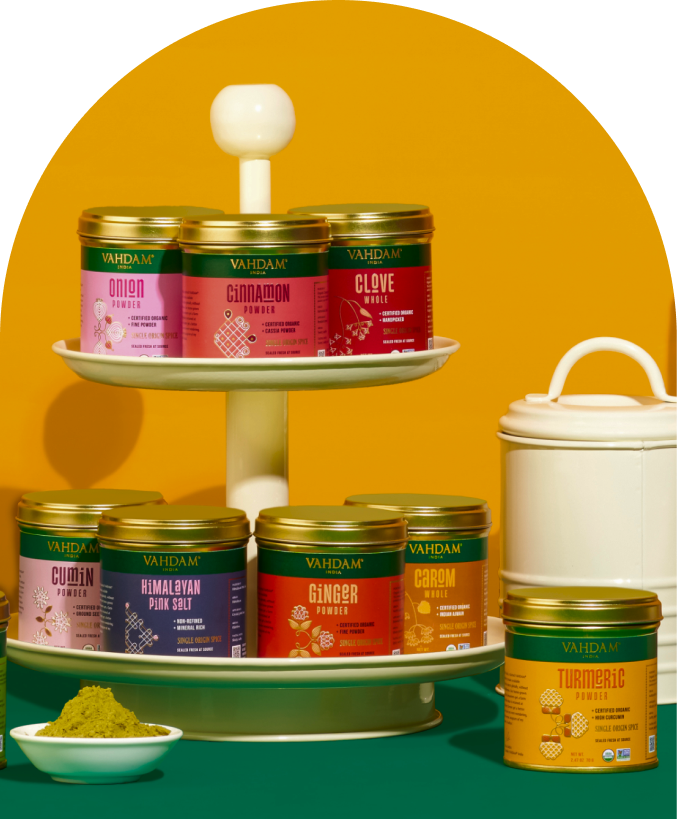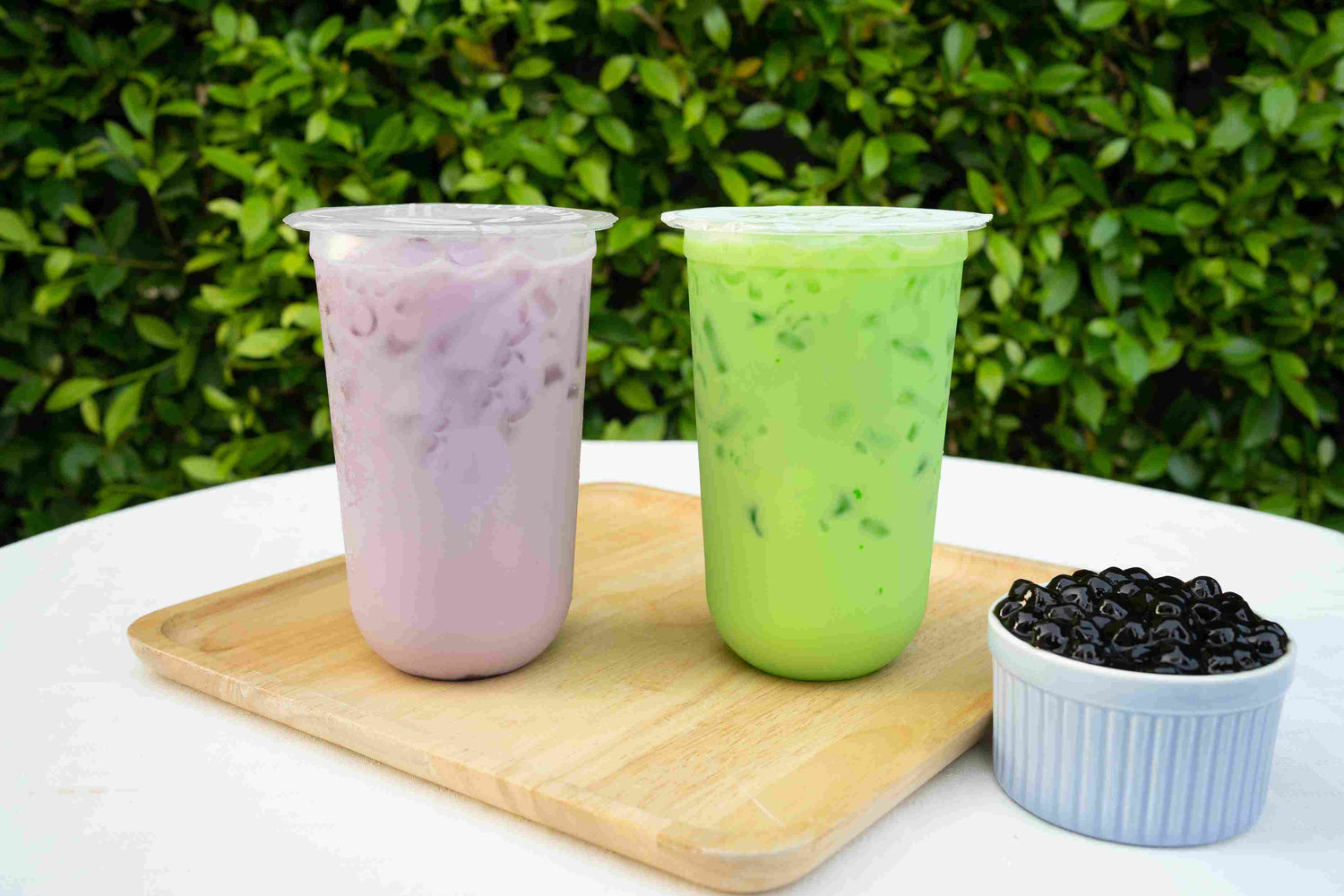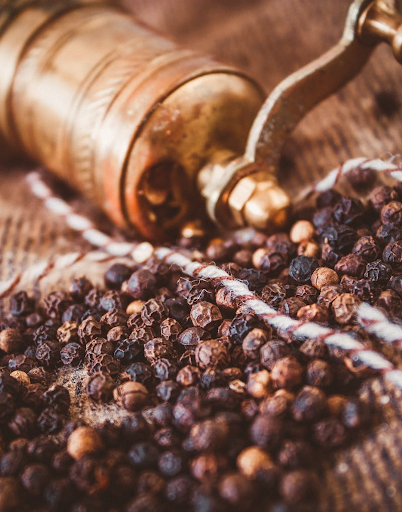What Taro Milk Tea?
Taro milk tea, also known as taro bubble tea or taro boba, is a popular drink that originated in Taiwan. It is a type of milk tea that is made with taro, a starchy root vegetable that has a sweet, nutty flavour. Taro milk tea is typically served over ice and topped with chewy tapioca pearls, known as boba, which add a fun and satisfying texture to the beverage.
Making Taro Milk Tea
To make taro milk tea, you will need a few key ingredients, including taro, milk, sugar, and tapioca pearls. You will also need a blender or food processor to blend the taro and milk, and a pot to cook the tapioca pearls.
Here is your step-by-step guide to making Taro milk tea:
- Cook the taro: Start by peeling the taro root and cutting it into small, bite-sized pieces. Then, place the taro in a pot of boiling water and cook until it is tender and easily mashed with a fork. This will typically take about 15-20 minutes. Once the taro is cooked, drain it and let it cool.
- Once the taro is cool, transfer it to a blender or food processor along with the milk, sugar, and any other flavorings or ingredients that you want to add to the drink. Blend the mixture until it is smooth and creamy, adding more milk or sugar as needed to achieve the desired consistency and sweetness.
- While the taro is blending, cook the tapioca pearls according to the package instructions. This typically involves boiling the pearls in water for about 5-10 minutes, or until they are soft and chewy. Once the pearls are cooked, drain them and rinse them with cold water to stop the cooking process and prevent them from sticking together.
- Once the taro mixture and tapioca pearls are ready, transfer the taro mixture to a serving glass and top it with the tapioca pearls. Serve the taro milk tea over ice and add any additional toppings or mixers that you like, such as fruit syrups, honey, or fruit bits.
Some tips for making the best taro milk tea include using high-quality ingredients, such as fresh taro and good-quality tapioca pearls and blending the taro and milk until they are smooth and creamy. It is also important to cook the tapioca pearls properly and rinse them with cold water to prevent them from becoming one sticky mess.
Taro Milk Drinks To Try Out
There are so many ways to experiment with your taro milk and here are some easy recipes to try out!
Taro Iced Coffee
Ingredients: Taro milk (prepared as per the recipe above), brewed coffee, cooled and Ice cubes
Instructions:
1) Prepare the taro milk.
2) Fill a glass with ice cubes.
3) Pour brewed coffee over the ice, leaving some space at the top.
4) Gently pour the taro milk on top of the coffee.
5) Stir and savor the unique blend of flavors.
Taro Latte:
Ingredients: Taro milk, Espresso or strong coffee
Instructions:
- Prepare the taro milk.
- Brew a shot of espresso or strong coffee.
- Pour the coffee into a cup.
- Add the taro milk on top.
- Stir gently, and your taro latte is ready.
Taro Frappuccino
Ingredients: Taro milk, Ice cubes and whipped cream (optional)
Instructions:
1) Prepare the taro milk
2) Add ice cubes and the taro milk to a blender.
3) Blend until smooth.
4) Pour into a glass, top with whipped cream if desired, and enjoy.
In Conclusion
Taro milk tea is a delicious and refreshing drink that has positive properties as well. You can experiment with it using the shared recipes and have it any time of the day with your favorite meals






Leave a comment
All comments are moderated before being published.
This site is protected by hCaptcha and the hCaptcha Privacy Policy and Terms of Service apply.